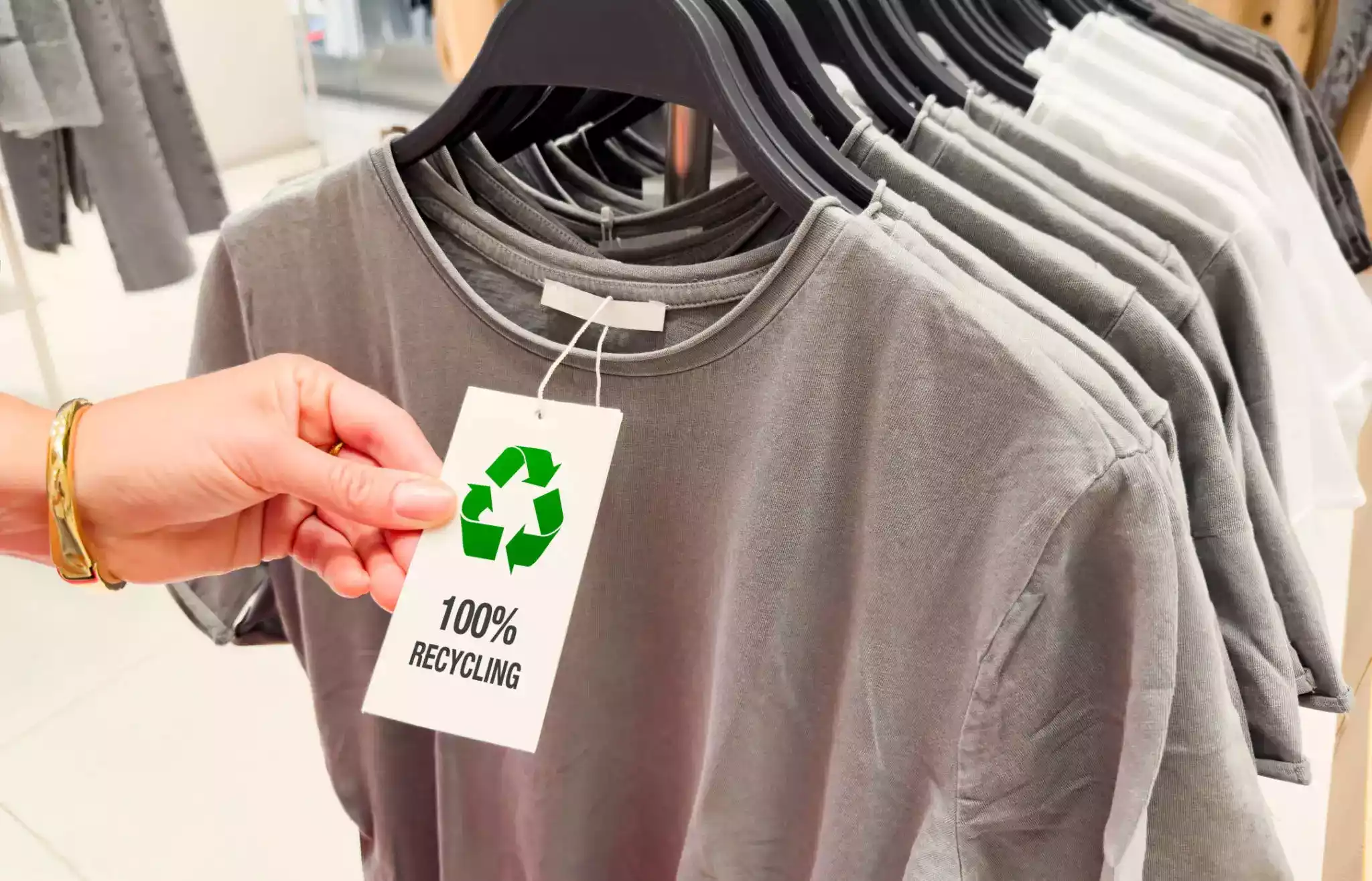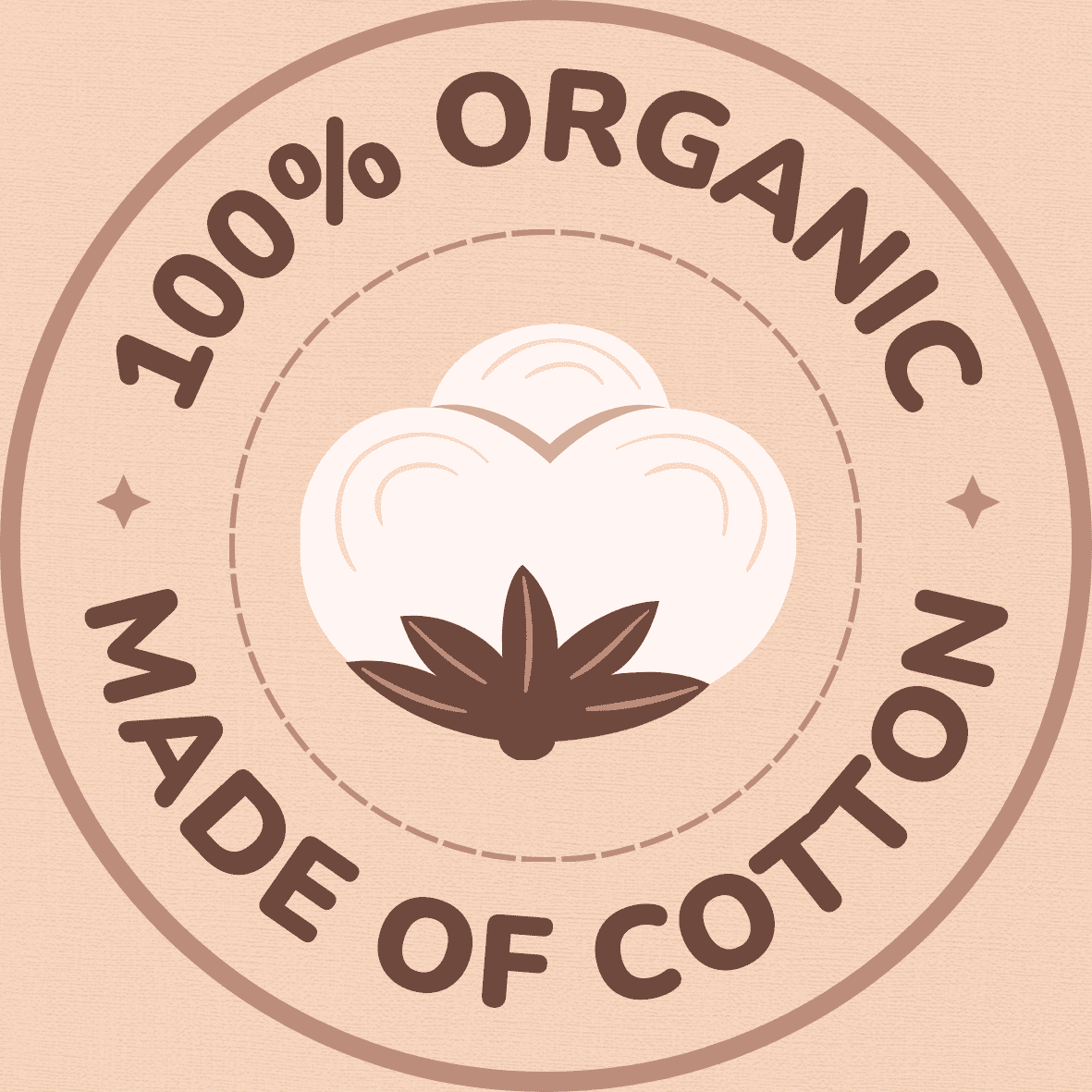Sewing Companies: The Unsung Heroes of Garment Production
In the vast expanse of the apparel industry, tailoring businesses hold immense significance. These establishments, like sewing companies, are fundamental in bringing design sketches to life, transforming mere ideas into real, tangible fashion. With their meticulous craftsmanship, they play an integral role in the production line of apparel manufacturing, bridging the gap between designers’ vision and customers’ desires.
When we talk about proximity, searching for a ‘sewing company near me’ offers a multitude of benefits. Local tailoring businesses offer more control over the production process, promoting higher quality standards and faster turnaround times. Moreover, it fosters a closer relationship between designers and manufacturers, enabling efficient communication and fostering innovation. Therefore, the tailoring businesses’ strategic positioning further underscores their pivotal role in the global apparel industry.
Understanding the Process of Custom Garment Creation
The creation of a custom garment is a meticulous process that calls for great precision and expertise. Fundamentally, every piece of clothing begins its life as a concept, which is then passed onto designers who bring it to life through sketches and prototype models. Sewing manufacturers play an integral part in this process; they take the final design and use an array of sewing techniques to construct the garment.
Given the precision needed in custom garment creation, proximity to your sewing manufacturers can be very beneficial. By conducting a simple internet search for ‘sewing manufacturers near me‘, businesses can connect with local manufacturers to maximize efficiency. Regular in-person meetings can aid in maintaining quality control, understanding the process better, and fostering a more collaborative working relationship. This not only ensures that the final product matches the initial design but also helps in resolving any potential design or manufacturing issues that may arise promptly.
The Relationship Between Clothing Brands and Manufacturers
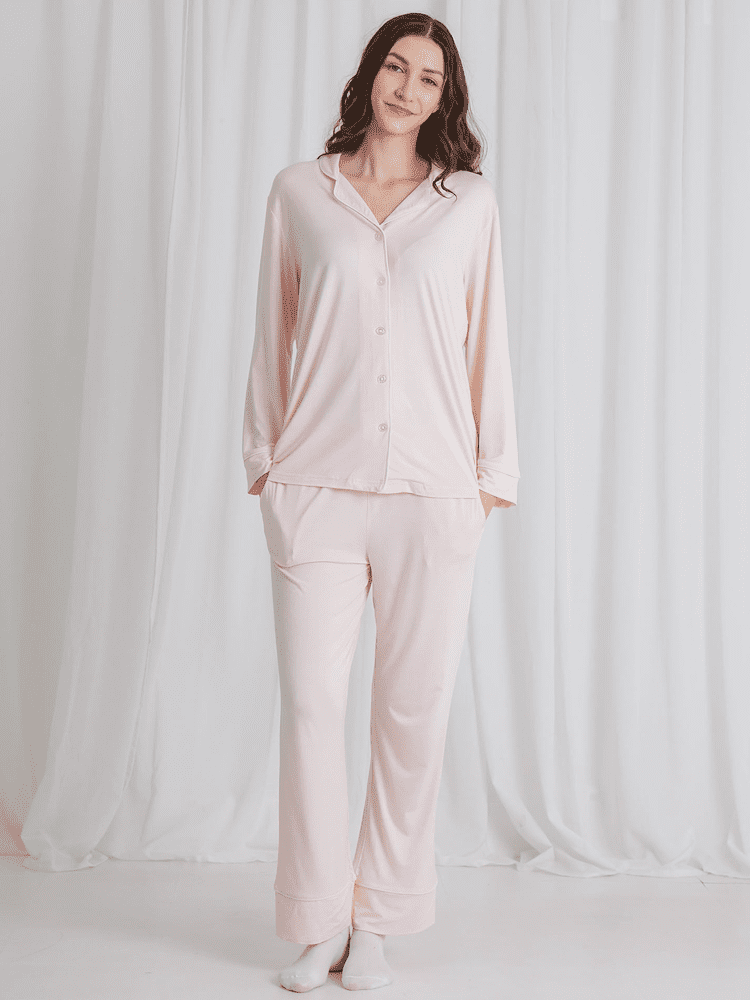
In the ever-evolving world of fashion, the dynamic between clothing brands and manufacturers is pivotal. The intricate process of transforming designs into wearable art pieces requires a deep understanding and strong collaboration between these two stakeholders. As the demand for more unique, personalised, and well-crafted clothing pieces rises, a significant number of brands are turning to small batch sewing manufacturers.
Small batch sewing manufacturers, such as a custom sewing company, provide clothing brands with the opportunity to have more control over their designs, quality, and manufacturing process. They can work closely with the brand, ensuring that the final product accurately represents the brand’s ethos and meets the client’s expectations. The symbiotic relationship furnishes a platform for creativity and innovation to thrive, while maintaining a balance of efficiency and quality, thus fostering a conducive environment for the evolution of the apparel industry.
Factories: The Backbone of Fashion Industry
The central thread in the production narrative of the fashion industry undoubtedly is the factory. The garment factories are an essential cog in the wheel of this multibillion-dollar industry. Companies like Pjgarment provide a clear picture of how these sweatshops affect the overall health of the fashion ecosystem. These factories, many of which are mass production sewing companies, have not only enabled the production of clothing items on an unprecedented scale but have also contributed to setting trends in the industry.
The crux of the matter is that these factories, through their versatile and high-volume production capacity, allow for diversity in apparel options, ensuring that the fashion industry continually remains vibrant and relevant. The role of mass production sewing companies also extends beyond scale and variety. They represent a pivotal link between designers, retailers, and consumers. They convert the abstract concept of design into a tangible product, thus playing a role that extend to influencing fashion tastes and trends. In essence, factories hold a significant place in the overall supply chain and are undeniably the bedrock of the fashion industry.
The Significance of Lower MOQ in Clothing Manufacture
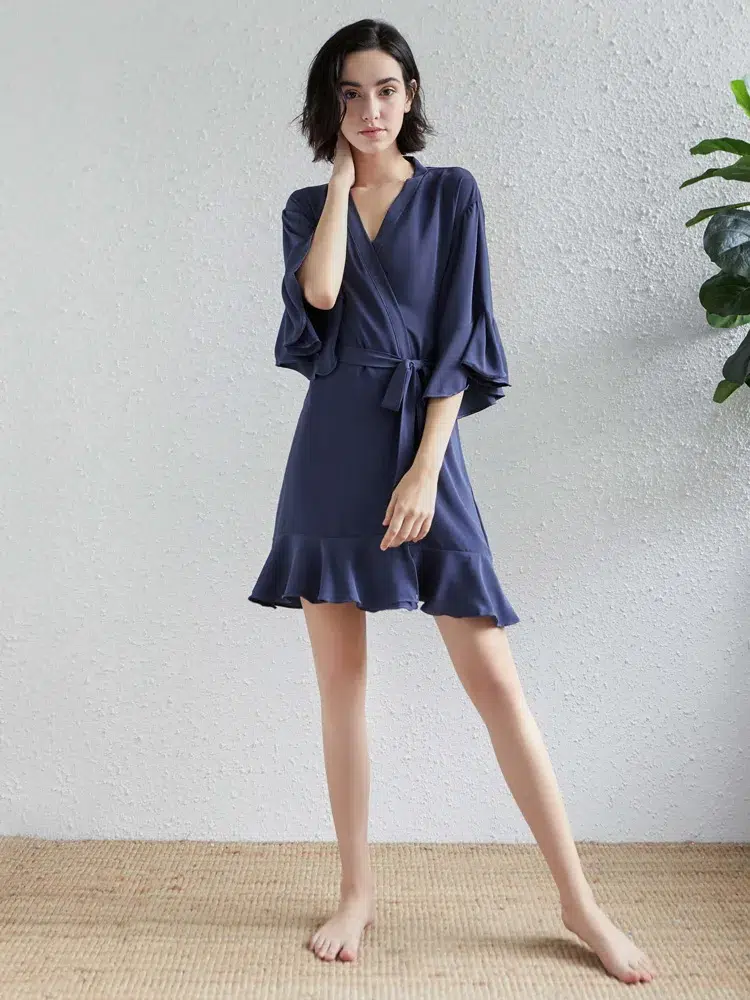
Integrating a low minimum order quantity (MOQ) strategy has become a pivotal aspect in the clothing manufacturing sector. It opens the gates for smaller clothing lines and start-ups to dip their toes into the industry without significant capital investment. Employing a custom sewing contractor, in this case, can vastly improve fashion firms’ flexibility. These contractors, who often have lower MOQ requirements compared to large-scale manufacturers, allow brands to test new designs in the market and adjust their production based on market response without incurring excessive costs.
Moreover, lower MOQ’s could foster stronger relationships between clothing lines and local sewing companies. Traditionally, small businesses and independent designers have been squeezed out considering the high MOQ’s set by large-scale manufacturers. However, incorporating a reduced MOQ approach promotes inclusivity within the industry, attracting various scale businesses to collaborate. Utilizing local sewing companies, in turn, brings along its own set of advantages; it cuts down lead times, promotes higher quality inspections and allows for improved communication during the design and production phases. Thus, the significance of lower MOQ’s is clear: it opens up new opportunities and encourages diversity within the clothing industry.
Impacts of Custom Tailoring on the Fashion Industry
Custom tailoring has significantly influenced the dynamics of the global fashion industry. This personalized approach to clothing production fosters innovation and creativity while meeting individualized customer preferences in an exemplary manner. It has driven the fashion industry to embrace diversity, thereby eliminating the “one size fits all” narrative.
With the advent of custom tailoring, the industry now more than ever prioritizes excellent craftsmanship, authenticity, and sustainability. Consumers appreciate the personalized attention, quality, and experience they receive; this often fosters brand loyalty. Furthermore, the flexibility of custom tailoring allows for improved utilization of resources, thereby reducing waste and promoting environmentally friendly practices in the fashion industry.
The Changing Landscape of Apparel Production
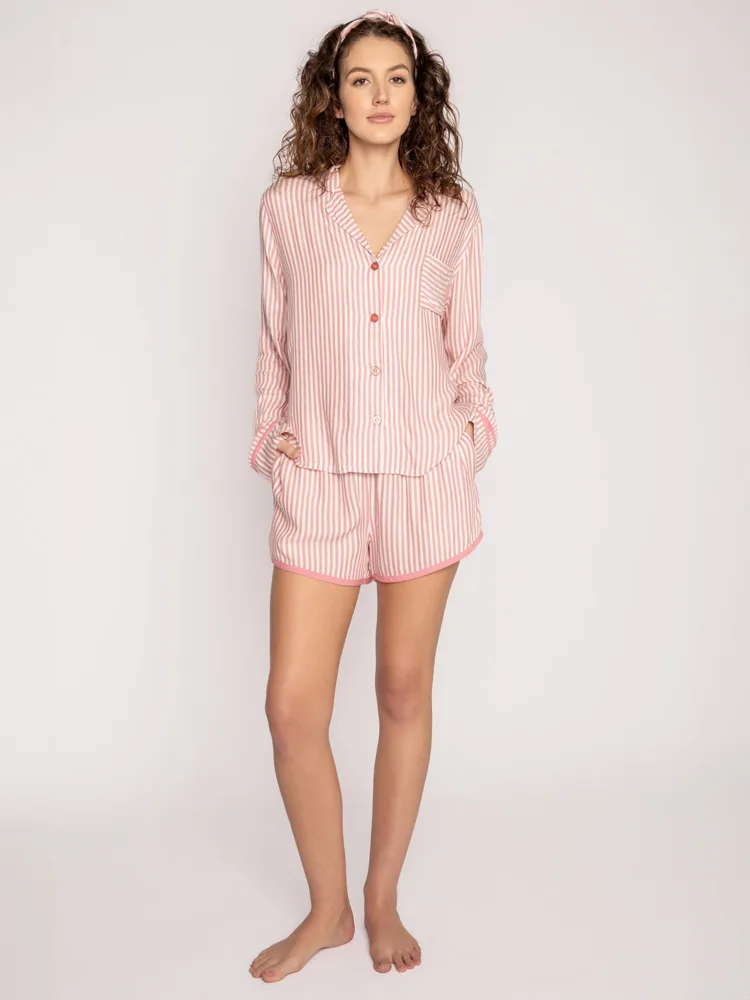
Tectonic shifts are currently underway in the dynamic world of apparel production, with technology and sustainability taking center stage. Innovations in automated machinery, digital printing, and 3D body scanning are revolutionizing the industry, speeding up and streamlining production processes while also reducing the margin of error. At the same time, more and more brands are recognizing the crucial importance of sustainable and ethical manufacturing practices in their duty to the environment and humanity.
Equally transformative, the rise of direct-to-garment production methods has enabled brands to be more responsive than ever to changing market trends. By eliminating the necessity for large inventories and enabling rapid product variations, this new model helps brands meet the ever-evolving demands of the consumer. Furthermore, it minimizes costly unsold stock and reduces a company’s carbon footprint, thus marrying economic interests with the increasingly resonant call for sustainability in apparel production.
The Challenges Faced by Manufacturers in the Garment Sector
In the dynamic environment of the garment sector, manufacturers encounter a myriad of challenging operational and financial obstacles peculiar to the fashion industry. On the frontline of such challenges is the intense competition in the industry, heightened by the surfacing of numerous new entrants, trend shifts, and e-commerce growth. Concurrently, the need for specialised equipment, technology, and skilled labour to produce high-quality garments often demands a significant financial investment. Therefore, grappling with convoluted financial management plagues manufacturers with added complications.
Moreover, the rapid pace of fashion trends and consumers’ increasing demand for ‘fast fashion’ amplifies the pressure on manufacturers to deliver new styles in less time, often at lower costs. This ever-present urgency poses considerable challenges, from the procurement of raw materials to ensuring timely delivery, while maintaining adherence to quality standards. Furthermore, the rising eco-consciousness amongst consumers has called for sustainable manufacturing processes, which add another layer to the already complex landscape of garment manufacturing challenges. The adoption of these sustainable practices, while being desirable, often entails additional costs and resources, thereby pushing manufacturers into the eye of a vicious circle of managing difficulties.
FAQs
What is the role of tailoring businesses in the apparel industry?
Tailoring businesses serve a crucial role in the apparel industry. They are responsible for converting fabric into finished products in line with design specifications. They also play a significant role in determining the quality, style, and overall appeal of the garments.
How does the process of custom garment creation work?
Custom garment creation involves a series of steps starting from design conceptualization to the final production. It includes understanding the client’s requirements, creating a design, selection of fabric, pattern making, cutting, sewing, finishing, and quality checking.
How is the relationship between clothing brands and manufacturers maintained?
The relationship between clothing brands and manufacturers is maintained through a contract where brands provide design specifications and manufacturers are responsible for producing the garments. Communication, timely delivery of orders, quality assurance, and adherence to ethical practices are key in maintaining this relationship.
How significant are factories in the fashion industry?
Factories are the backbone of the fashion industry. They house the resources, equipment, and workforce necessary to mass-produce garments. They ensure that the production process runs smoothly, from fabric selection to the final product.
What is the significance of lower MOQ in clothing manufacture?
MOQ stands for Minimum Order Quantity. Having a lower MOQ allows businesses to make smaller orders, which is particularly beneficial for small businesses or start-ups with limited resources. It also reduces the risk of excess inventory.
What is the impact of custom tailoring on the fashion industry?
Custom tailoring has revolutionized the fashion industry by giving consumers the opportunity to have garments made to their specific measurements and style preferences. It has also led to the development of a niche market for personalized clothing.
How is the landscape of apparel production changing?
The landscape of apparel production is changing due to advancements in technology, changing consumer preferences, and a shift towards sustainable practices. Manufacturers are increasingly adopting automation, digital design tools, and eco-friendly materials to meet the evolving demands.
What are the challenges faced by manufacturers in the garment sector?
Manufacturers in the garment sector face various challenges such as increasing production costs, maintaining quality standards, managing supply chain disruptions, adapting to technological changes, dealing with labor issues, and meeting sustainability goals.

